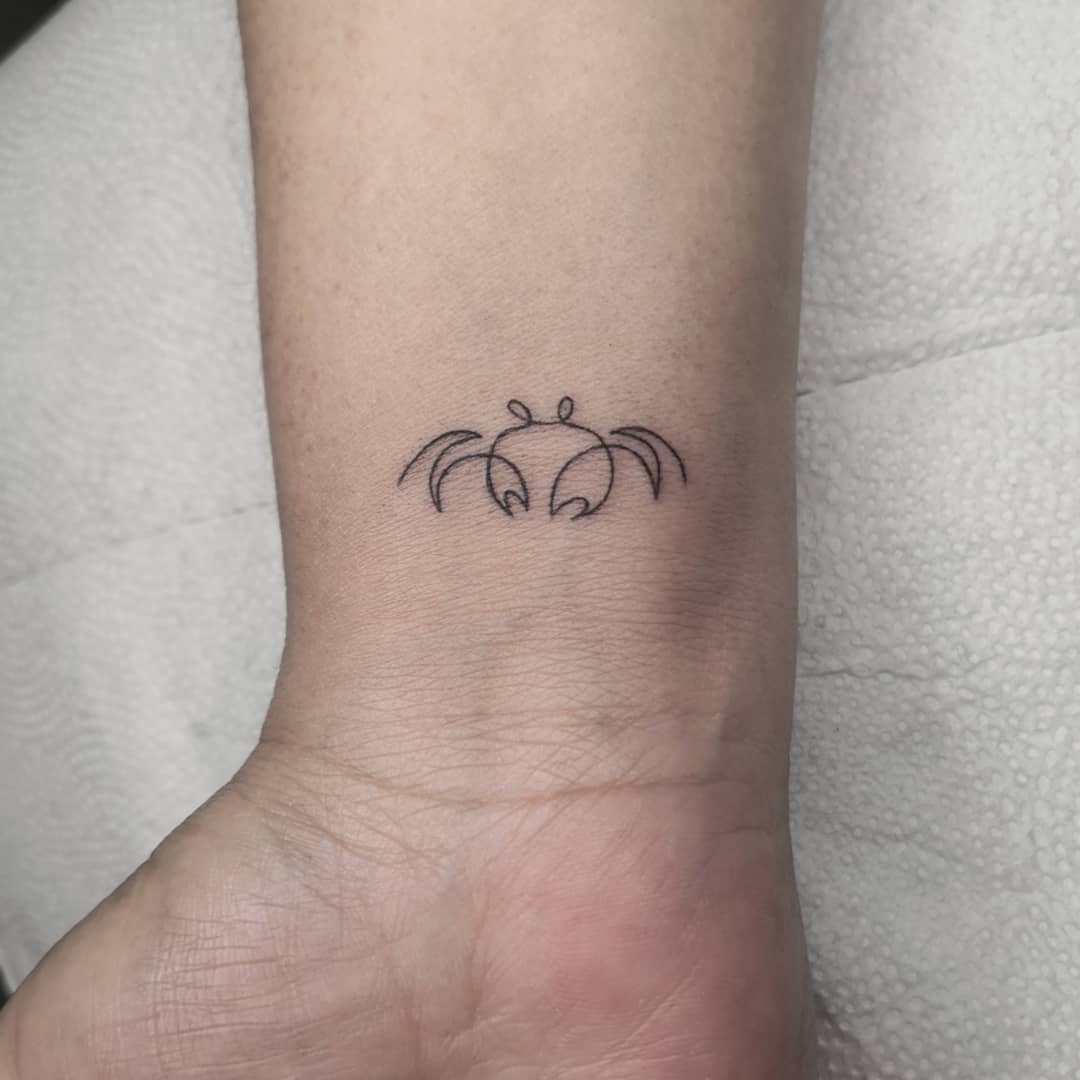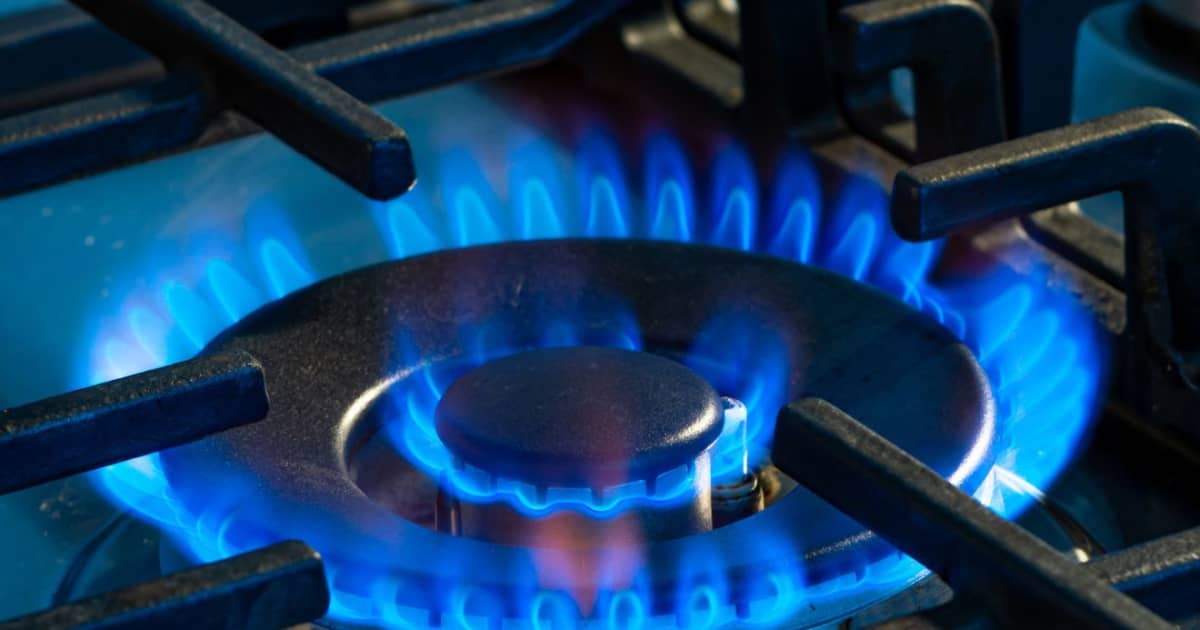The intersection of art and medicine is a fascinating realm, and within it, we explore the powerful impact of tattoos in the journey of cancer survivors. This comprehensive guide delves into the world of cancer tattoos, examining their significance, symbolism, and the transformative role they play in the lives of those affected by cancer.
The Healing Power of Cancer Tattoos

Cancer tattoos serve as more than just ink on the skin; they are a testament to resilience, courage, and the indomitable human spirit. For many cancer survivors and those currently battling the disease, these tattoos offer a unique form of self-expression and a means to reclaim their bodies and identities.
Symbolism and Meaning
The symbolism behind cancer tattoos is deeply personal and varied. Some individuals opt for tattoos that represent their specific type of cancer, such as the iconic pink ribbon for breast cancer awareness or the blue puzzle piece for brain cancer. Others choose more abstract designs that symbolize strength, hope, or the concept of a cancer warrior.
One popular symbol is the phoenix, a mythical bird that rises from the ashes, representing rebirth and the triumph over adversity. This powerful imagery resonates with many cancer survivors, symbolizing their journey from illness to health and the rebirth of their spirit.
Personal Stories and Experiences
Cancer tattoos often carry deeply personal narratives. For instance, consider the story of Sarah, a breast cancer survivor who chose to tattoo a delicate rose over her mastectomy scar. The rose, with its beauty and resilience, symbolizes her strength and the beauty that can emerge from even the most challenging circumstances.
Another inspiring story is that of John, a prostate cancer survivor. His tattoo, a intricate design of a warrior with a shield, represents his battle against cancer and the protective role he played during his treatment, shielding himself and his loved ones from the emotional turmoil.
| Tattoo Design | Symbolism |
|---|---|
| Pink Ribbon | Breast Cancer Awareness |
| Phoenix | Rebirth and Resilience |
| Puzzle Piece | Brain Cancer Awareness |
| Warrior | Strength and Protection |

The Therapeutic Benefits of Cancer Tattoos

Beyond their symbolic and aesthetic value, cancer tattoos offer a range of therapeutic benefits. The process of getting a cancer tattoo can be empowering, providing a sense of control and agency over one’s body and narrative. It serves as a reminder of the strength and courage exhibited during treatment and can boost self-esteem and body positivity.
Embracing Scarring and Change
For cancer survivors, scars and physical changes are an inevitable part of the healing process. Cancer tattoos can be a way to embrace these changes, turning scars into works of art. This transformation can be especially empowering for those who have undergone extensive surgeries or treatments that have left visible marks on their bodies.
Coping with Emotional Challenges
The emotional toll of cancer is often just as significant as the physical effects. Cancer tattoos can provide a tangible way to cope with these challenges. The act of choosing and designing a tattoo can be a therapeutic process, allowing individuals to process their emotions and find a sense of closure or acceptance.
Many cancer survivors find solace in the community and support they receive from tattoo artists and other cancer warriors who have gone through similar experiences. This shared understanding and support can be instrumental in the healing process.
The Artistry and Technique of Cancer Tattoos
The creation of cancer tattoos requires a delicate balance of artistic skill and sensitivity. Tattoo artists who work with cancer survivors often undergo specialized training to understand the unique needs and considerations of this demographic.
Techniques and Considerations
The choice of tattoo style, placement, and color can be highly personalized. Some survivors opt for realistic designs that mimic scars or incorporate them into the tattoo, while others prefer more abstract or symbolic representations. The use of color can also be significant, with certain colors holding personal or cultural meanings.
In terms of placement, tattoos are often strategically positioned to cover scars or areas affected by cancer. This can involve intricate planning to ensure the tattoo is not only aesthetically pleasing but also functional in terms of covering the desired area.
Collaborative Design Process
The design process for cancer tattoos is often a collaborative effort between the survivor, their support network, and the tattoo artist. This collaboration ensures that the tattoo not only reflects the individual’s journey and emotions but also aligns with their aesthetic preferences.
Many tattoo artists offer consultation sessions specifically for cancer survivors, providing a safe and supportive space to discuss ideas, explore designs, and ensure the final tattoo is a true representation of the individual's experience.
The Impact on Mental Health and Self-Image
Cancer tattoos have a profound impact on an individual’s mental health and self-image. The process of getting a cancer tattoo can be a powerful act of self-care, promoting a positive body image and a sense of empowerment.
Improving Self-Esteem and Confidence
For many cancer survivors, the physical changes brought on by the disease and its treatment can impact their self-esteem. Cancer tattoos can help restore a sense of self-worth and confidence. By transforming scars into works of art, individuals can feel more comfortable and proud of their bodies, leading to increased self-esteem and a positive self-image.
Promoting Emotional Healing
The emotional healing process is a crucial aspect of cancer recovery. Cancer tattoos can serve as a tangible reminder of the strength and resilience demonstrated during treatment. This constant visual reminder can help individuals process their emotions, accept their new reality, and move forward with a sense of hope and positivity.
Additionally, the act of getting a cancer tattoo can be a symbolic closure to the cancer journey, allowing individuals to leave their cancer experience behind and embrace a new chapter in their lives.
The Role of Cancer Tattoos in Advocacy and Awareness

Cancer tattoos are not only a personal statement but also a powerful tool for advocacy and raising awareness about cancer. By proudly displaying their tattoos, cancer survivors can spark conversations, educate others, and advocate for cancer research and support.
Spreading Awareness and Support
The visibility of cancer tattoos can help normalize the conversation around cancer, reducing stigma and encouraging open dialogue. Survivors who share their stories and experiences through their tattoos can inspire and provide hope to others facing similar challenges.
Additionally, cancer tattoos can serve as a form of advocacy, drawing attention to the importance of cancer research, early detection, and support for survivors. Many cancer organizations and support groups recognize the power of these tattoos and often feature them in their campaigns and initiatives.
Community Building and Support
Cancer tattoos foster a sense of community and solidarity among survivors. By connecting with others who have similar tattoos or experiences, individuals can find a supportive network, share their stories, and offer encouragement to one another.
Social media platforms and online communities have become powerful spaces for cancer tattoo enthusiasts to connect, share their journeys, and offer support to those considering or undergoing cancer treatment.
Conclusion: Embracing the Power of Cancer Tattoos
Cancer tattoos are a testament to the human capacity for resilience, hope, and self-expression. They serve as powerful symbols of survival, strength, and the transformative power of art. Through their stories and experiences, cancer survivors inspire us all, reminding us of the beauty that can emerge from adversity.
As we continue to explore the intersection of art and medicine, cancer tattoos stand as a beacon of hope, reminding us of the power of the human spirit and the potential for healing and transformation.
How do cancer tattoos impact mental health and self-image?
+Cancer tattoos can significantly improve self-esteem and confidence by transforming scars into works of art. They serve as a powerful reminder of an individual’s strength and resilience, promoting emotional healing and a positive body image.
Are cancer tattoos only for cancer survivors?
+While cancer tattoos are commonly associated with cancer survivors, they can also be chosen by individuals who have lost loved ones to cancer as a form of memorialization and tribute.
What should I consider when choosing a tattoo artist for a cancer tattoo?
+When selecting a tattoo artist for a cancer tattoo, it’s crucial to choose someone who specializes in medical tattoos and has experience working with cancer survivors. A collaborative and sensitive approach is essential to ensure the tattoo is meaningful and respectful.